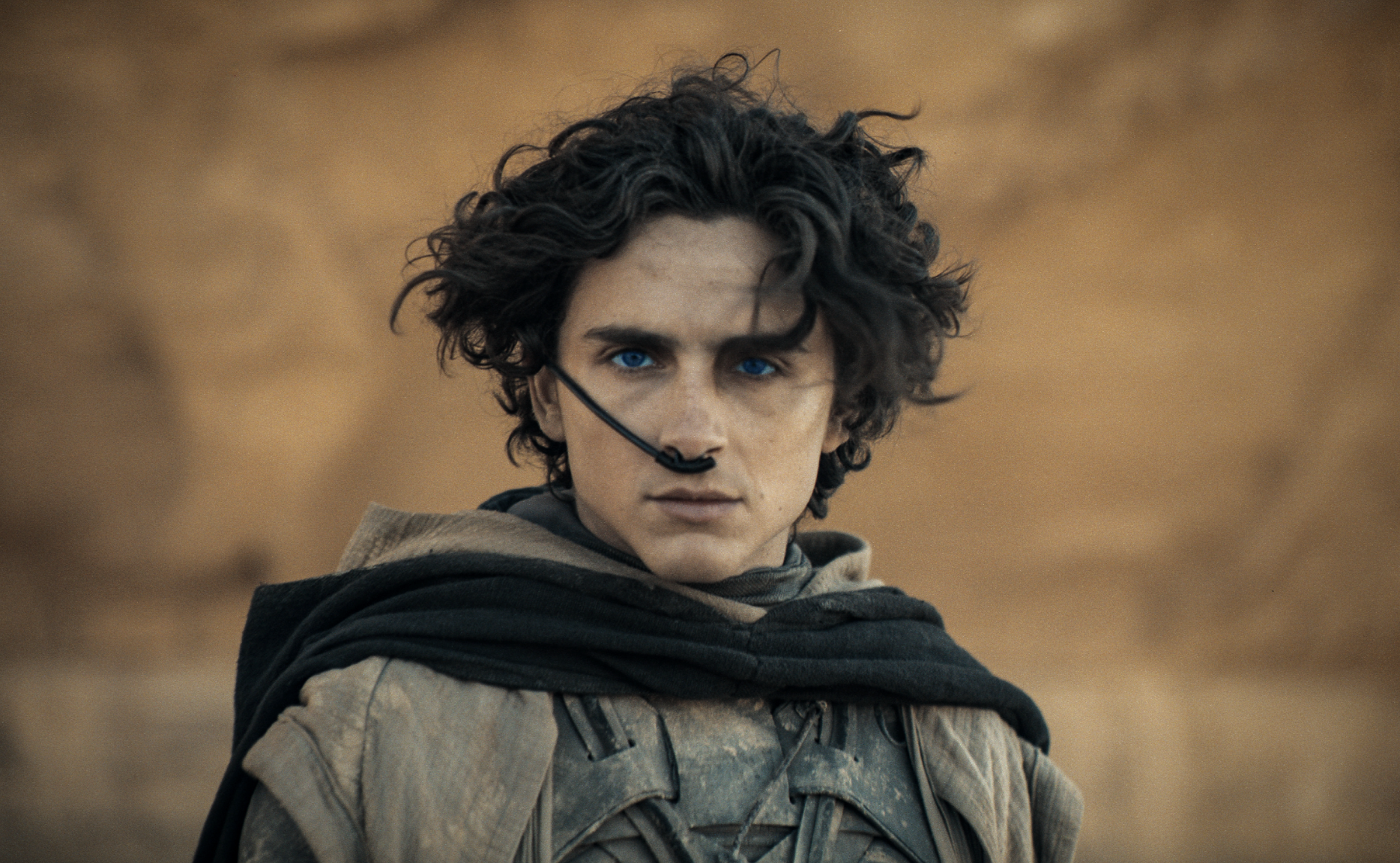
Warning: This article contains spoilers.
Man-eating sandworms, futuristic technology and mystical spices are just a few of the elements that characterize the desert planet of Arrakis.
After a narratively episodic introduction to the Dune franchise in 2021, Director Denis Villeneuve has followed up his take on Frank Herbert’s 1965 novel with a sequel of pronounced cinematic vision.
The Canadian filmmaker is not the first to adapt the novel to the screen. David Lynch’s 1984 failure flopped in large part due to inadequate pacing and inattentiveness to the story’s dramatic beats. Villeneuve’s iteration of Dune is something entirely distinct. Two chapters split into separate films imbue a narrative cohesiveness to three years of separation between the two installments (thank you, Writer’s Strike).
Though Chani (Zendaya) was relegated to a minimal role centered around voiceovers and frequent stills from Paul’s dreams in Dune: Part One, she emerges as a moral deterrent to Paul Atreides’ messianic legend in Part Two.
The underlying consequences associated with the impending Harkonnen-Fremen conflict are depicted with realism, as a number of core characters – Bene Gesserit Lady Jessica (Rebecca Ferguson), Freman Leader Stilgar (Javier Bardem) Atreides Military Expert Gurney (Josh Brolin) – each exhibit their own ideological motives in response to the threat of war.
While the richly layered fabric of the original novel is impossible to completely capture on screen, this adaptation offers stunning aesthetic visuals, a typical Hans Zimmer score and sensory elements to make Dune: Part Two an immersive experience.
The film’s cast is similarly impressive. Following the loss of Duke Leto Atreides (Oscar Isaac), Dr. Wellington (Chang Chen) and Duncan Idaho (Jason Momoa) in Dune: Part One, this sequel recoups its losses by introducing an array of new characters with equally recognizable names and faces: Florence Pugh (Oppenheimer, Little Women, Don’t Worry Darling), Austin Butler (Elvis, The Shannara Chronicles, Once Upon a Time... in Hollywood), Christopher Walken (Catch Me If You Can, The Jungle Book, Severance) and even a brief surprise appearance from Anya-Taylor Joy (The Queen’s Gambit, The Menu, Emma).
Each character threads a particular emotional resonance into the story, with Butler’s Feyd-Rautha framing enticing hand-to-hand combat scenes and an intriguing rival for Paul. Pugh, meanwhile, becomes a significant presence – whose impact in limited screen time parallels that of Zendaya in Dune: Part One – suggestive of a greater role in the franchise’s next chapter.
Dune: Part Two wisely avoids the white savior trope by portraying Chani and the Fremen as equals to Paul. In many ways, it is the Fremen who save him from succumbing to the desert’s perils. Simultaneously, discrepancies in beliefs and customs among different Fremen are meticulously presented to ground viewers' understanding of some of the newer characters in the group.
“I won’t be fighting for him. I’m fighting for my people,” Chani tells Lady Jessica when the prophecy of Paul Atreides seems positioned to incite an inevitable war. Zendaya’s performance quickly establishes Chani as a force to be reckoned with, as well as a crucial ingredient to the future success of the franchise. Her on-screen chemistry with Chalamet is apparent, and their dynamic acts as an excellent vessel for Villeneuve to explore the tension between love and faith.
In doing so, Villeneuve crafts a subversive portrayal of subtext from the inside out, framing the disapproval of the Paul-Chani relationship by Lady Jessica as a singular vantage point for the prominence of the Bene Gesserit to evolve.
While Dune: Part One followed Paul’s coming-of-age arc as he becomes the rightful heir to the House of Atreides, Part Two questions Paul’s standing as a messiah, suggesting that he may instead be little more than a Bene Gesserit puppet.
The question is an important one, coming at a transformative moment that has only just begun to unravel Paul’s internal realization that as monstrously cruel as the Harkonnens are, his own victory may be far darker for the fate of the planet than any other character can yet comprehend.
With this sequel, Villeneuve has proven his faithfulness to the literature behind Herbert’s genius and, in a post-strike world flooding with existing source material, cemented himself as the right directorial voice to bring the rest of Paul Atreides’ tale in Arrakis to the screen.